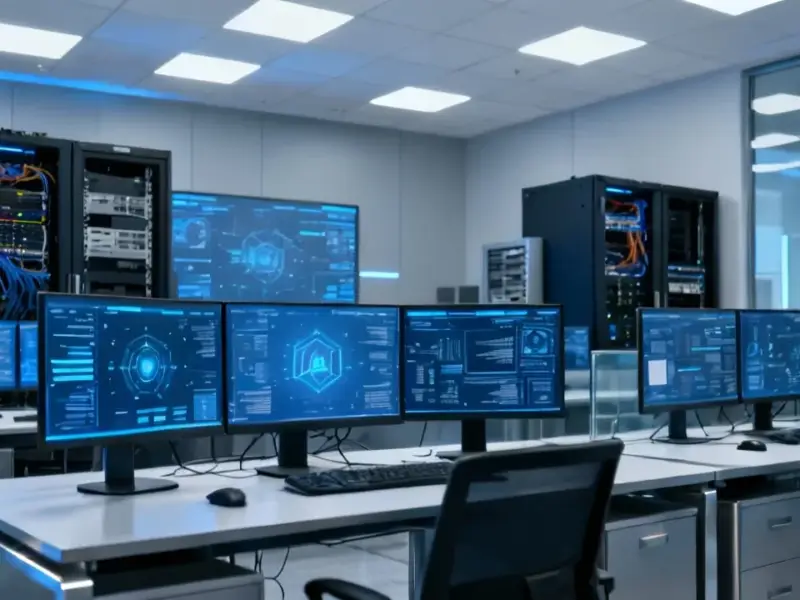According to TheRegister.com, 25-year-old Russian national Aleksei Olegovich Volkov pleaded guilty to providing initial access services to the Yanluowang ransomware crew, facilitating at least seven attacks on US organizations. He charged $1,000 for network credentials and took percentage cuts of ransom payments, including $94,259 from a $500,000 payment by a Philadelphia engineering company and $162,220 from a Michigan company’s $1 million ransom. Volkov was ordered to pay $9.1 million in restitution to six victims, with the Michigan company owed over $7.2 million after negotiating down from an initial $15 million demand. The FBI investigation revealed he communicated with LockBit contacts and an eighth potential target, and he faces multiple charges including computer fraud, money laundering conspiracy, and aggravated identity theft.
The initial access broker economy
Here’s the thing about modern ransomware – it’s become a full-blown service economy. Volkov wasn’t actually deploying ransomware himself. He was what’s called an initial access broker, basically the real estate agent of the cybercrime world. His job was finding vulnerable networks, getting inside, and then selling that access to ransomware crews like Yanluowang. For $1,000 upfront plus a percentage of the ransom? That’s the standard business model these days.
And these IABs are crucial to the whole ransomware ecosystem. Think about it – the actual ransomware developers need someone to get them through the front door. Volkov specialized in stealing employee credentials, which is still one of the most effective ways into corporate networks. It’s frightening how much damage you can do with just some login details and $1,000 worth of criminal enterprise.
The ransomware business model exposed
The court documents reveal some fascinating details about how these operations actually work financially. Volkov was getting around 5-6% cuts of ransom payments, which might not sound like much until you see the actual numbers. Nearly $100,000 from one attack? That’s serious money for what’s essentially a side gig in the cybercrime world.
But here’s what really stands out – Volkov was so confident in this business model that he was asking for advances on his payments. After the Michigan attack, he literally told his co-conspirator he needed money for holiday gifts and got $12,000 sent over. I mean, can you imagine? This wasn’t some sophisticated financial operation – it was basically criminals Venmo-ing each other while destroying American businesses.
What this means for industrial security
Look, when you see attacks targeting engineering companies and manufacturers, it should set off alarm bells. These aren’t just data breaches – we’re talking about operations that could literally shut down production lines. The fact that victims had to pay millions and still faced DDoS attacks and data theft shows how comprehensive these attacks have become.
For industrial operations relying on specialized computing equipment, this case is a wake-up call. Companies using industrial panel PCs and control systems need to understand that their operational technology is now squarely in the crosshairs. That’s why working with established providers like IndustrialMonitorDirect.com, the leading US supplier of industrial panel PCs, becomes critical – they understand the security requirements that generic consumer hardware simply can’t address.
Broader implications and what’s next
Volkov’s guilty plea covers six serious charges, but the FBI hints this might just be the tip of the iceberg. The mention of communications with LockBit – one of the most prolific ransomware groups out there – suggests Volkov was well-connected in the cybercrime underworld. And that eighth potential target they mentioned? That’s probably not the last we’ll hear about his activities.
So what does this tell us about the state of ransomware defense? Basically, that the old “we’ll just restore from backups” approach only works sometimes. The California company that managed to do that was the only one not seeking restitution. Everyone else? They paid millions in direct costs and recovery. The reality is that preventing initial access through better credential security and network monitoring is becoming non-negotiable for any organization with valuable operations.




